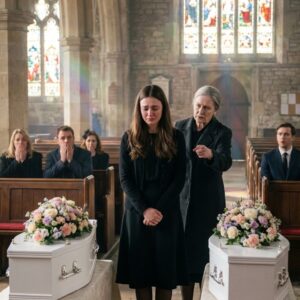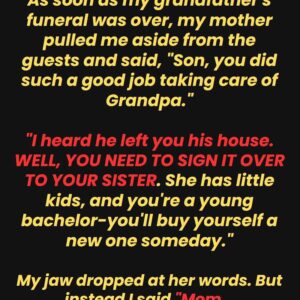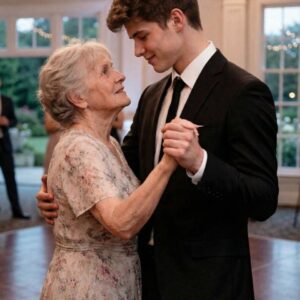After losing my mom at 16, my stepmom Sharon told me, “You’re an adult now.
Time to pay rent.” So I paid $500 a month, plus utilities and groceries,
while juggling school and helping with chores and the little ones.
I kept going, believing hard work and patience would help us all heal after such a loss.
I tried to be grateful for a roof over my head, even though grief made every day feel heavier than the last.
One afternoon, over tea, Sharon quietly said, “We need your room. Baby’s coming. You have a week to move out.”
Her words stunned me. I had always tried to be responsible and respectful, yet suddenly it felt like I no longer belonged in a home I once called safe.
I thanked her for everything and went to my room, trying not to cry as I packed a small duffel bag.
It wasn’t anger I felt — just a deep ache and uncertainty about what came next.
I called my aunt for advice, not wanting to burden anyone but needing guidance.
That evening, my grandpa arrived unexpectedly. He hugged me tight and whispered,
“You are loved. No one should face life alone at your age.” He didn’t criticize anyone — instead,
he offered me choices: move in with him, stay with my aunt, or let him help me find student housing
. His kindness felt like the first warm light after a long winter.
I chose to live with my grandfather. The next morning, I left quietly, thanking Sharon for her time and wishing her family well.
When she later called in shock, I simply said, “I’m safe, and I’m grateful.” Now, years later,
I look back and realize that sometimes change comes disguised as loss.
My grandfather’s home became a place of peace, encouragement, and new beginnings.
And I learned that family isn’t just who we live with — it’s who stands beside us when life asks us to rise.




